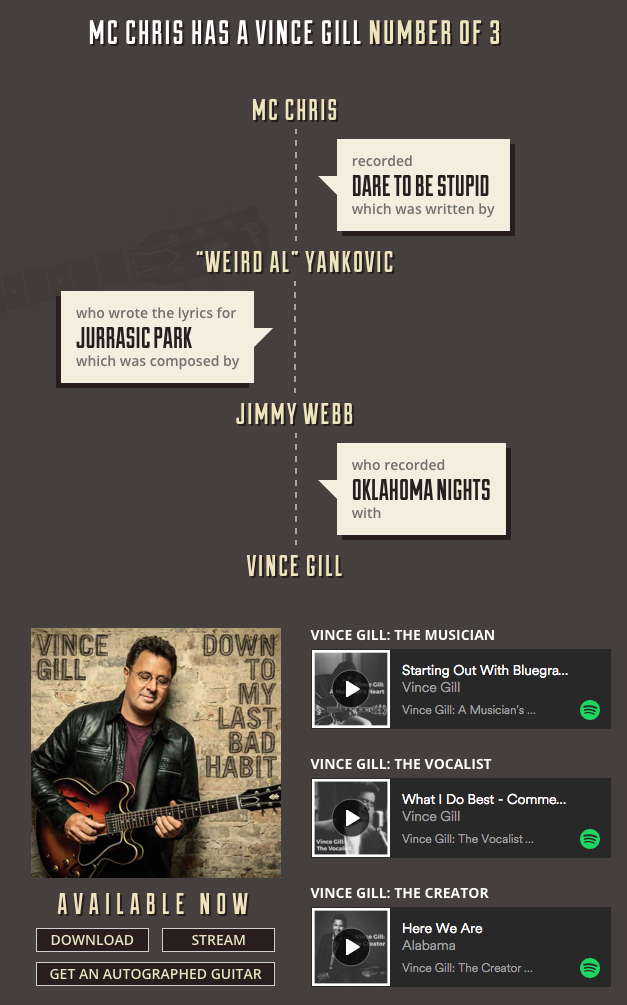My next installment of MusicBrainz management changes focuses on how we should frame our discussions going forward. Currently there is a lot of animosity in our community and a lot of finger pointing — neither of these are constructive for moving forward, so I will aim to cut these short and focus on fixing rather than blaming.
I’d like to offer an analogy to start this discussion: When two people are in a personal relationship and when that relationship starts falling apart, a lot of negative feelings come up. The two people will often blame each other and be convinced that the other person is the reason for all of their troubles. If you’ve ever had an opportunity to talk to two people in a failing relationship, you’ll probably have seen that failing relationships are usually the fault of both people. I’ve yet to find a relationship that failed, solely on the actions of one person alone. Both people are involved, both people had a hand in it.
That said, I’ll step forward and say it: I am guilty. I am partially to blame for what is going on. Go ahead, feel free to blame me for the troubles we’re facing.
But, that is it. Basta! We’re not going to engage in finding every little thing that was done wrong, by whom and work hard to lay blame. That is pointless and it brings up unnecessary emotions. Instead of finding blame we’re going to find problems to our solutions and we’re going to move forward.
As part of me restructuring MusicBrainz, I’m going to be asking everyone what problems they perceive with the project right now. I will listen to the problems, catalog them and attempt to build a plan for tackling these problems in the future. However, I will insist that problems are stated without aggressive communication (e.g. passive aggressive communication) and without value judgements. If you cannot state your issue without being aggressive or disrespectful, you can count on me calling you on your behaviour. I will not address problems that are stated in an aggressive or disrespectful manner.
For instance, it is not acceptable to say: “I don’t think that anyone is going to listen to me anyway, but I think that because of Joe’s idiotic decision to not allow white space in code, all of our code is a freaking mess — this was the worst idea ever!” This statement has passive aggressive communication, it lays blame and contains a value judgement. One way to express the same concern in a constructive manner could be: “The decision to exclude whitespace from our code has created a number of difficulties for people to follow our code. We should re-consider this decision.”
This means of expressing problems, ideas and solutions allows us to focus our energy on moving forward and improving the project. It avoids painful discussions that won’t gives us much insight on moving forward. As we work to mend our community, I will be relying on these communication tools heavily. If you run afoul of these new communication guidelines, expect me to remind of you of this blog post. 🙂

 .
.